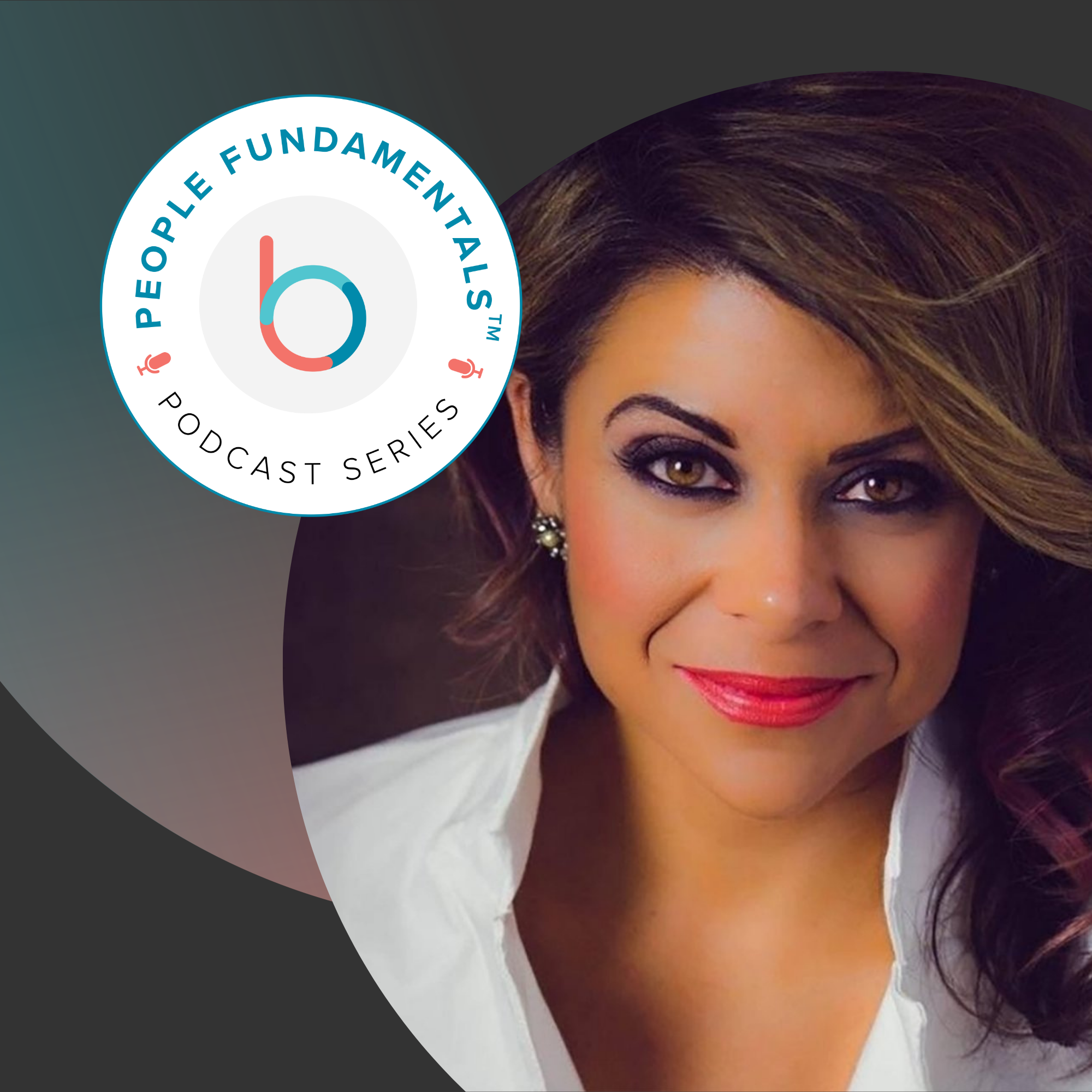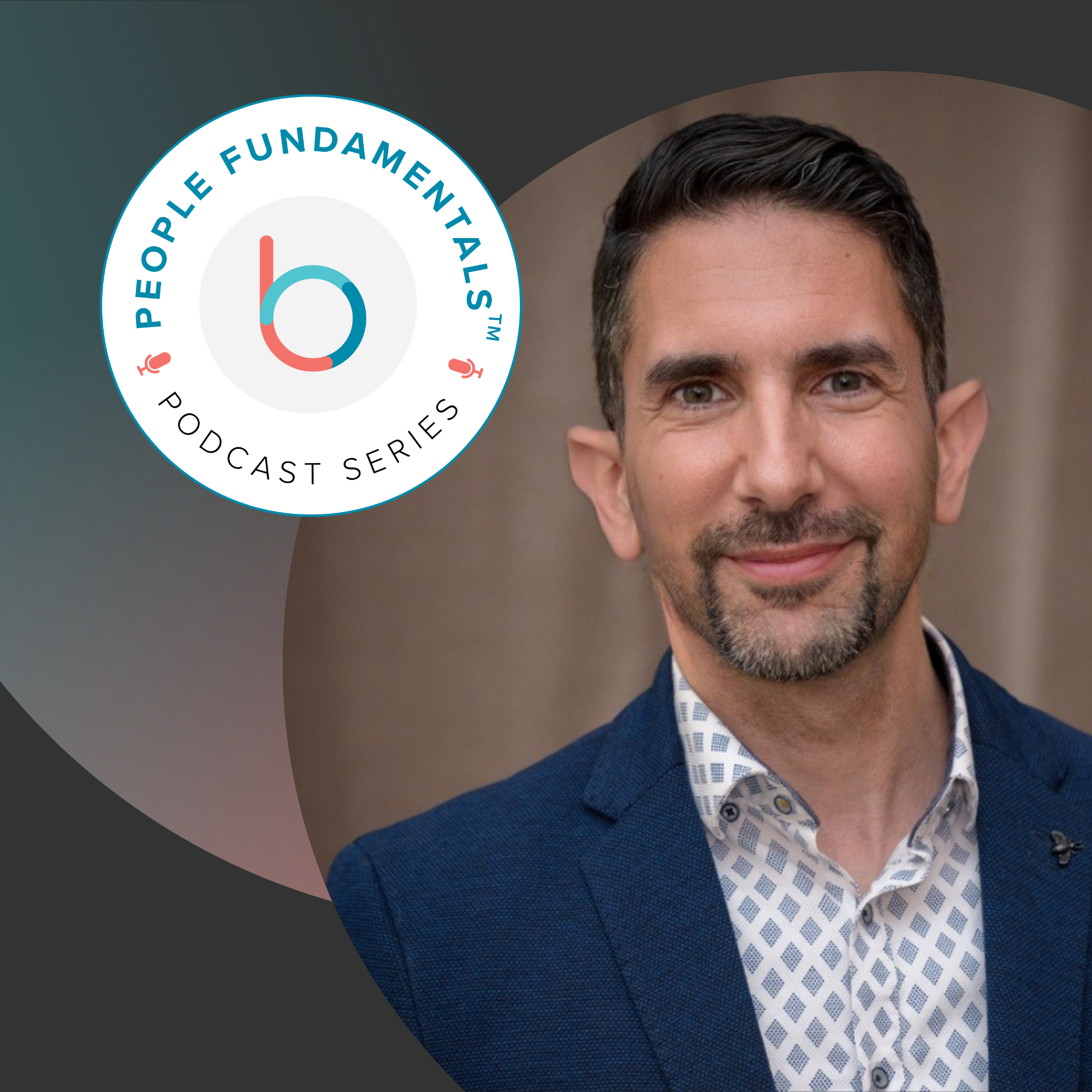Edie Goldberg, Ph.D., and Founder & President E.L.Goldberg & Associates is a nationally recognized expert in talent management and organizational effectiveness. Recently she unveiled new research that highlights a growing disconnect between managers and employees. Why? Because traditional static performance management processes don’t always suit the needs of enterprises looking to engage in dynamic goal setting, feedback, evaluation, and development. And more importantly, leaders know what they should be doing to drive motivation and performance, but they are stuck in a cycle of evaluation. It’s time for a change.
Take a moment to read the Q&A below to learn more about Edie’s view on performance management, team enablement, employee motivation, and more.
- Please define performance management in your own words.
Performance management is the process of directing individuals to a set of goals that are important for individual and organizational performance. The process is all about how you enable individuals to achieve their very best, helping them to focus their attention, all while providing the right support system so people can achieve their goals.
- Feedback cycles are such an important part of performance management, how would you like to see feedback cycles be improved for teams?
Traditionally feedback has been episodic. Teams and individuals would set goals at the beginning of the year and then have to work towards those goals all year. Therefore by the time feedback was provided it was stale and parts of the work risk being forgotten. It’s hard to remember in vivid detail what you worked on a month ago let alone a year! I would like to see feedback cycles be offered consistently – feedback needs to be given right after an event and treated as an ongoing dialogue in order to foster deeper and more effective learning.
- Do you believe it’s possible to fully support individual performance while supporting organizational performance? Why or why not?
Absolutely! Individual performance should always be in service of the greater organization while supporting the career growth of the individual. But it’s critical that everyone keep their eyes on the true north of the organization – the business strategy. The more context people have, the more their goals can be better aligned with that strategic direction of the organization.
- Which element(s) of the PM Process do you think is the most important to driving motivation and performance?
That’s a great question. I would have thought the answer is goal setting because research indicates the importance and impact of goal setting on actual performance. But my recent research has shown that quality feedback and coaching is viewed as the most effective motivational tool.
Great, but often managers believe that feedback that’s critical is more effective. It turns out that positive feedback, or recognition, has a bigger positive impact on motivation and performance. Therefore managers need to be sure that they are working to motivate with positive feedback and provide constructive criticism only when needed.
My original idea that goal setting was not too far off because for goals to be motivating you need to provide feedback on progress toward goals. Too many organizations overlook the value of ongoing feedback which leads to improved performance. Recognizing work that’s moving in the right direction is just as important as coaching and working with employees to help them pivot when work needs improvement or adjustment.
- How can we motivate and reward employees without money?
Interestingly, nine times out of 10 motivating with money alone is actually demotivating rather than motivating. Why? Because knowledge workers are motivated by intrinsic rewards (e.g., meaningful work, a feeling of progress or impact, connection to others) not extrinsic rewards like money.. Research shows that when a manager shows appreciation for an employee’s effort and outcomes, that recognition is remembered more and longer than a typical performance bonus – which goes into their paycheck and gets used to buy groceries.
It’s important that organizations understand what their team members value when rewarding employees. I recommend that employees be motivated with appreciation, recognition, and specific experiences tailored to the individual. For example, if an employee has been working overtime for a month to complete a project, consider a gift certificate for a nice dinner out with their family so they can understand that you see their hard work and you’re aware that they’ve had to commit extra time away from their family due to their work.
- What is the first step managers can take today to ensure they are coaching for future performance?
Ask more questions. If we move away from constructive criticism, to an open dialogue where employees can be encouraged with positive feedback and prompted with questions in order to encourage employees to problem solve and think for themselves, we can better teach reflection and learning. Employees who are able to develop their own solutions will ultimately feel a deeper commitment and understanding of their work.
- In your own words, what does it mean to enable an organization vs evaluate?
Enablement is all about coaching for success, providing feedback and feedforward, and it’s about removing obstacles and providing necessary resources. Enablement is a continuous process of support – which also includes development to improve individual performance. Traditional performance management processes are focused on setting goals not as a means of providing focus and direction, but as a tool to be able to evaluate performance at the end of the year. The rating is seen as the ultimate goal of performance management. Enablement is all about focusing your resources on ensuring each employee is able to perform at their highest level so that the company performs at a high level.
- How do you think this is changing with the rise of hybrid work?
Initially during COVID organizations were worried that they would no longer be able to continue their performance management techniques because employees were remote and managers could not see what they were doing. However, managers were encouraged to check in with their employees more often. Not as part of performance management, but just to connect. To ask “How are you? What do you need from me?” This increase in connection and conversation resulted in a really positive outcome. Not only has organizational productivity improved (probably because people are working more), but suddenly we began to notice an increase in employee engagement and belonging.
The hybrid work environment taught us the value of increased connection and conversation between employees and their managers. The lesson from COVID is that managers should get to know their teams better!
- How can HR leaders convince business leaders that a new way of managing/enabling performance is crucial to business success?
The data speaks for itself – leverage your data! Take a look at companies that have integrated continuous performance management and ongoing feedback into their culture. These companies report better financial performance, increased revenue, and retention. There’s your business case right there! Check out the data I shared in the webinar we just did.
Companies that set up and follow through with development plans are 2x more likely to have improved business performance.
- In your own words, what does the future of work look like to you?
I believe that the future of work is flexible, dynamic, and agile. In the future, businesses will be able to pivot and change on a dime because they’ve enabled their talent through efficient and dynamic processes that allow the company to move talent to address the most pressing business challenges. We will be focused on the goals and work that matters the most, supporting employees to operate at their highest potential, so that together they can accomplish more. By understanding our employees more, companies will be able to optimize the use of the talent they have and equitably distribute opportunities important to both employee growth and organizational performance.






